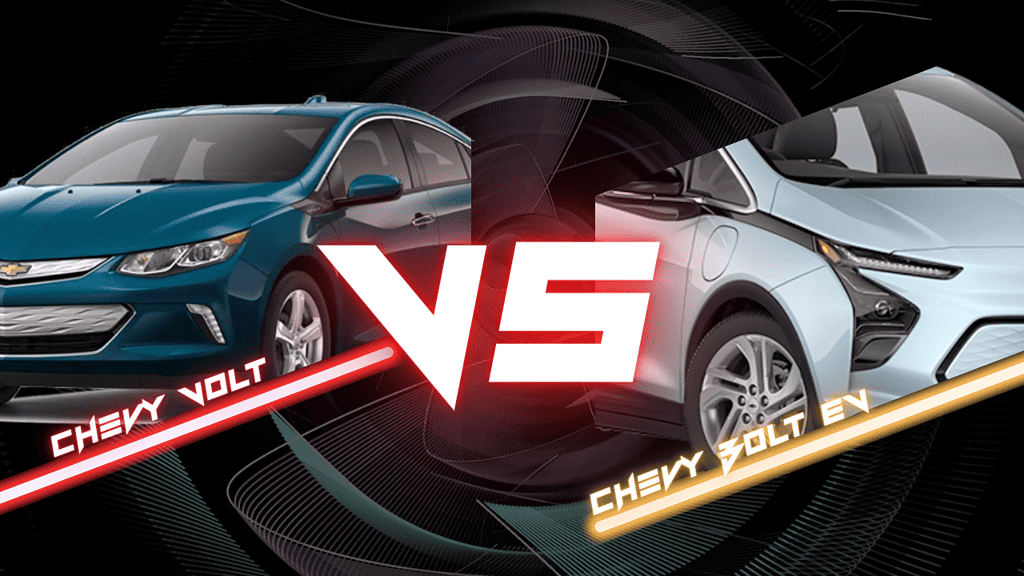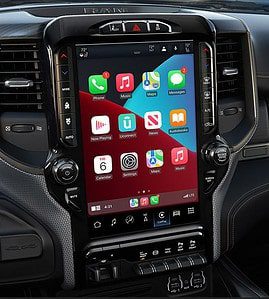
The Chevrolet Volt was a plug-in hybrid electric vehicle (PHEV) produced by General Motors. It was known for its electric-only range and the ability to use gasoline as a backup power source when the battery was depleted.
The discontinuation of the Volt was part of General Motors’ broader strategy to shift towards an all-electric future. General Motors announced plans to phase out gasoline and diesel-powered vehicles and focus on electric vehicles (EVs). This strategic shift included investing in electric vehicle technology and launching new all-electric models.
While the Chevrolet Volt itself was discontinued, General Motors introduced new electric vehicles under the Chevrolet brand and its other brands, such as the Chevrolet Bolt EV. But how is the Bolt EV different from Volt? Are they the same except for one letter?
Well like as mentioned, GM wants an All-electric future. The Chevrolet Bolt EV is just like that, it has an all-electric powertrain, which means it is a fully electric vehicle (EV). It is designed to be a more affordable electric car compared to some of its competitors, making electric mobility accessible to a wider range of consumers. It offers a substantial all-electric driving range on a single charge, typically over 200 miles or more, depending on the model year and specific conditions.
Here are 5 differences of Chevy Volt vs Bolt EV.
Powertrain:
Chevrolet Volt: The Volt was a plug-in hybrid electric vehicle (PHEV). It had a gasoline engine that acted as a generator to charge the battery and extend the electric driving range.
Chevrolet Bolt EV: The Bolt EV is a fully electric vehicle (EV). It relies solely on electric power and does not have an internal combustion engine. It is charged by plugging it into an electric charging station.
Driving Range:
Chevrolet Volt: The Volt had an electric-only range, typically around 53 miles (85 kilometers), but it could extend its total range with the gasoline engine.
Chevrolet Bolt EV: The Bolt EV has a longer all-electric driving range, typically over 200 miles (322 kilometers) on a single charge, making it suitable for daily commuting and longer trips.
Fueling/Charging:
Chevrolet Volt: The Volt required both electricity and gasoline. It could be charged using a standard electrical outlet and filled up with gasoline at a gas station.
Chevrolet Bolt EV: The Bolt EV is charged exclusively with electricity. Owners need access to charging stations or a dedicated charger at home.
Vehicle Type:
Chevrolet Volt: The Volt was a compact plug-in hybrid hatchback.
Chevrolet Bolt EV: The Bolt EV is a compact all-electric hatchback.
Environmental Impact:
Chevrolet Volt: While the Volt offered improved fuel efficiency and reduced emissions compared to traditional gas-only vehicles, it still relied on gasoline for extended range.
Chevrolet Bolt EV: The Bolt EV is entirely electric, producing zero tailpipe emissions, making it a greener choice for those looking to reduce their carbon footprint.
So which one do you think is best for you? Each has it’s own strength and weakness. It all boils down to what you prefer. While older Chevy Volt models might be behind in Technologies, We offer several upgrades that could make your older Volt models gain new Tech. See link below.
2011-2015 CHEVY VOLT AUTOPLAY FOR CARPLAY AND ANDROID AUTO WITH SMARTPHONE MIRRORING FUNCTIONALITY




